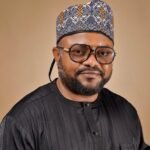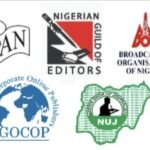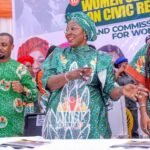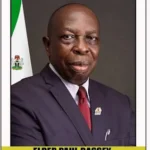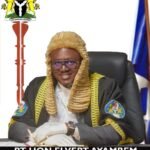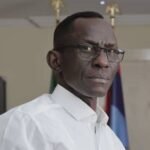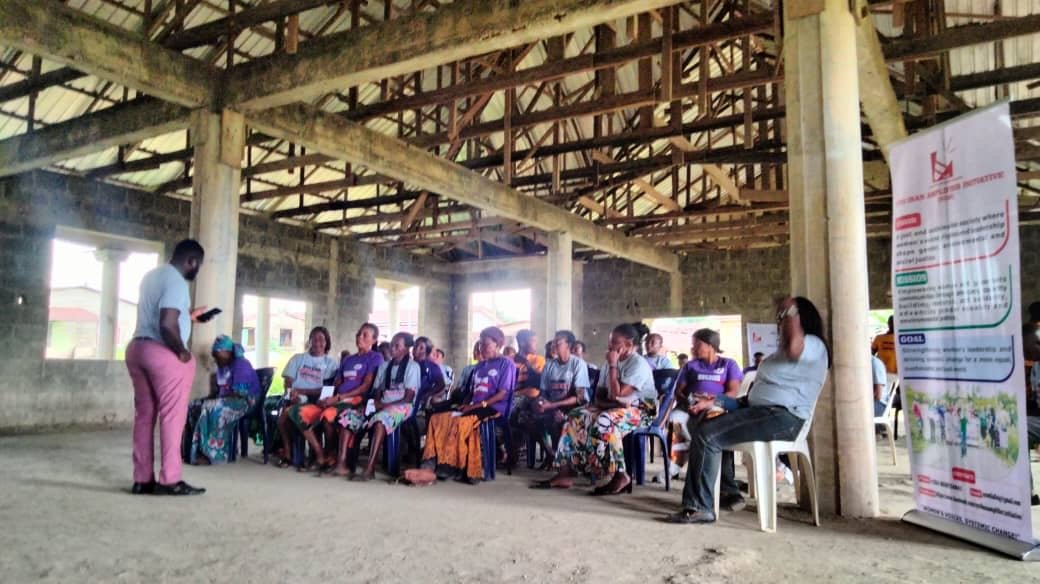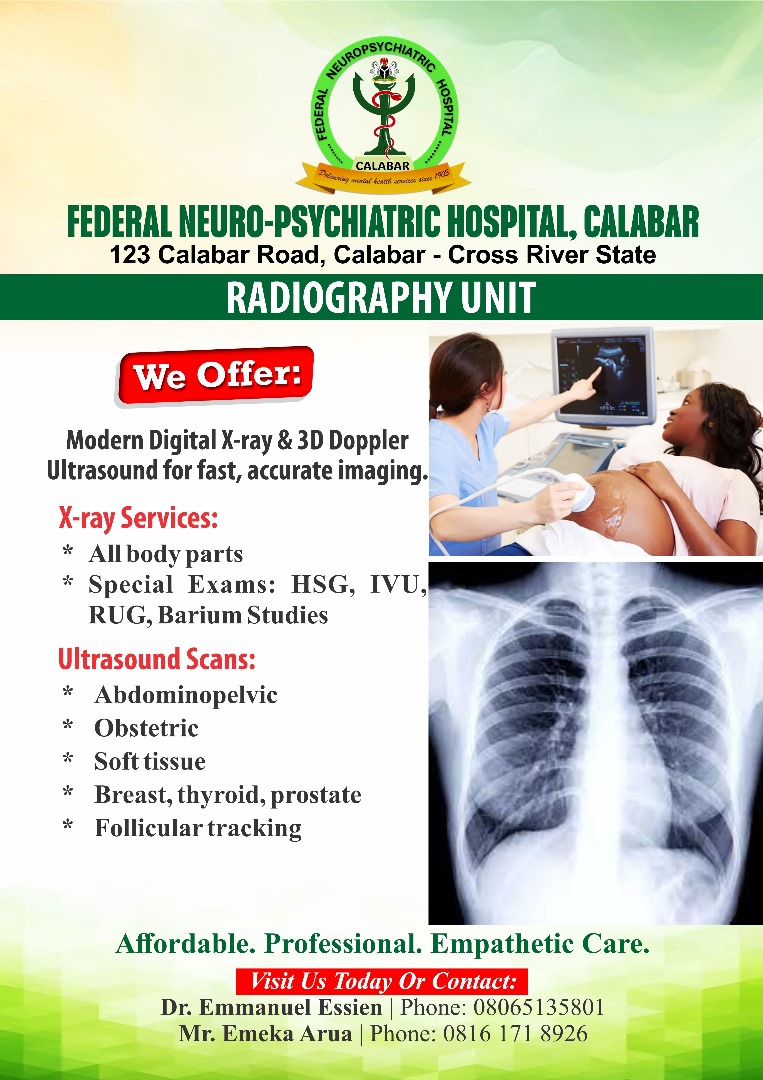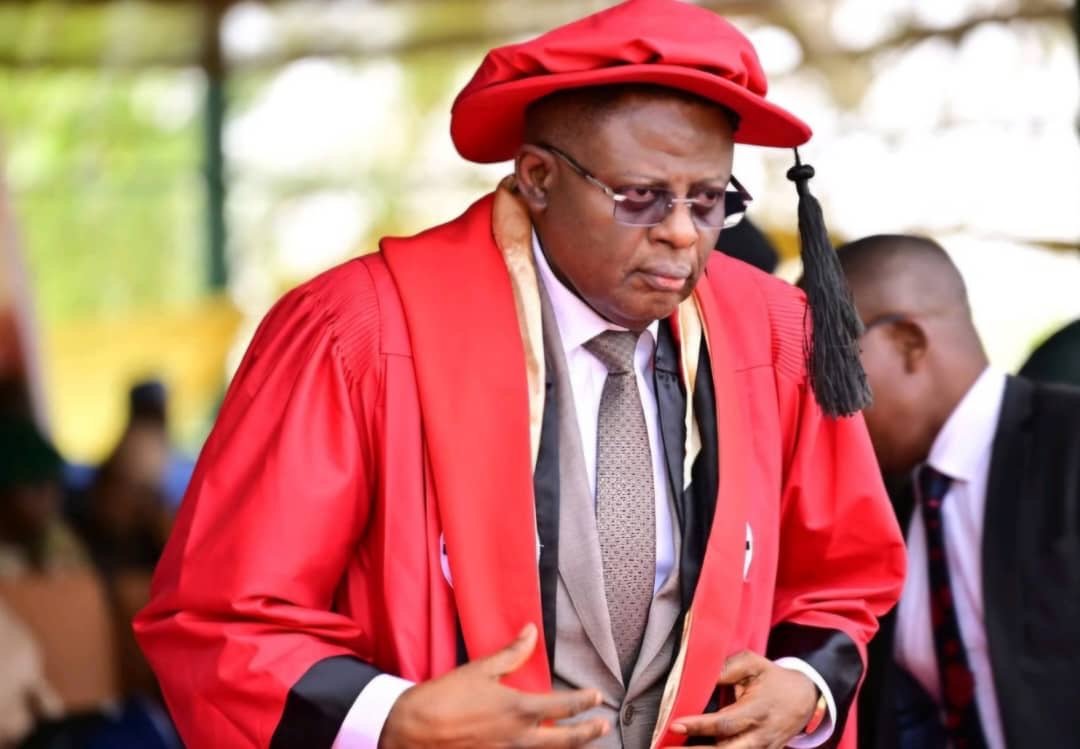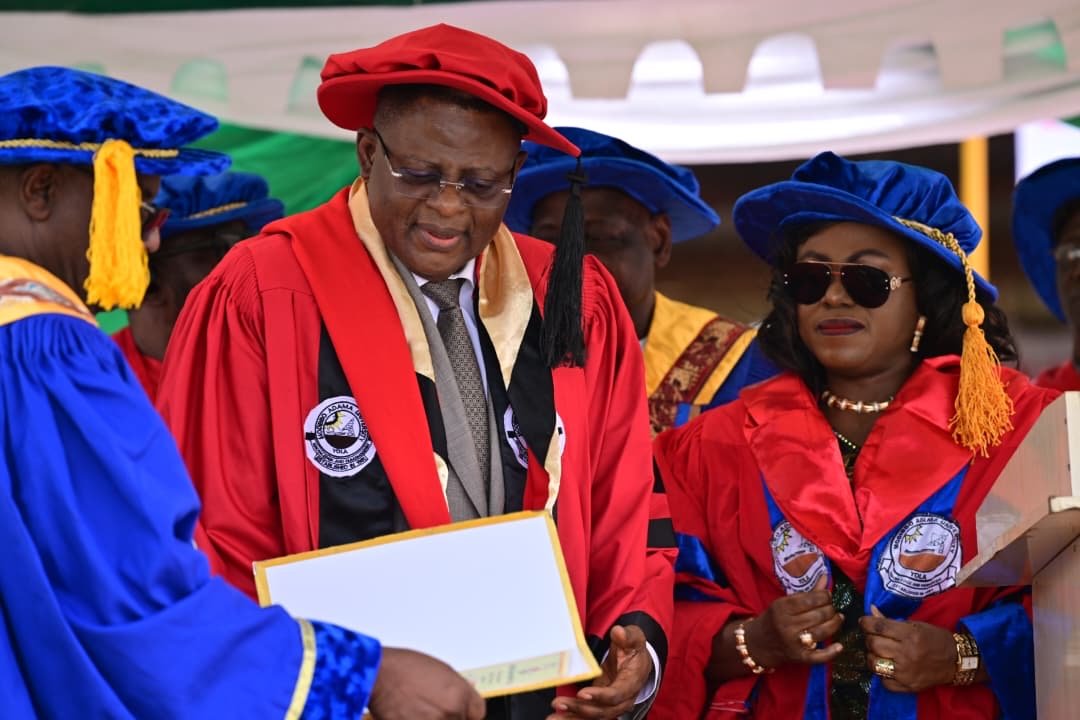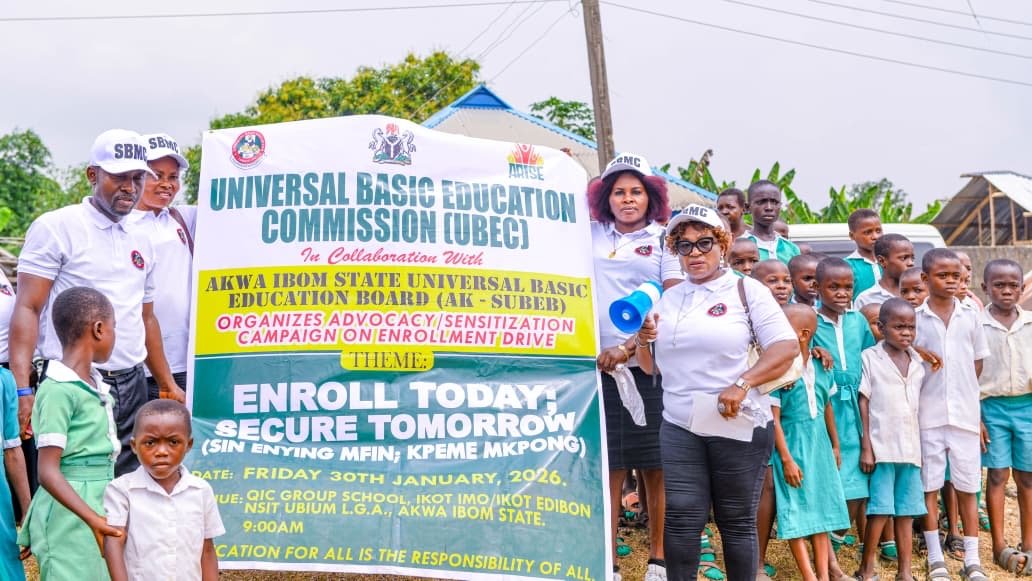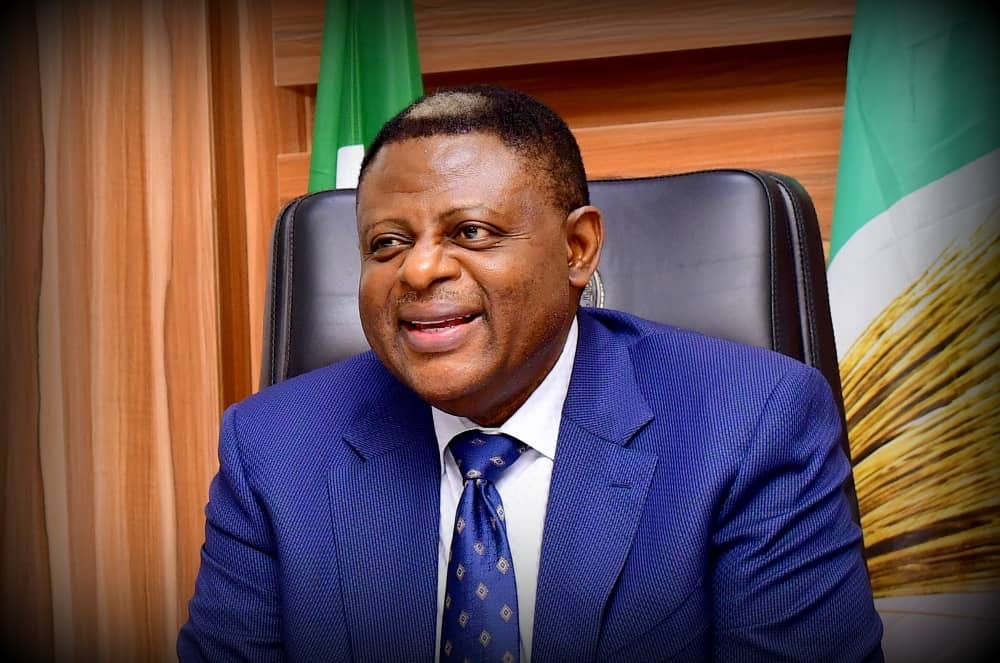By Anietie Akpan
Poised to empower women to become stronger advocates, watchdogs, and decision-makers in environmental governance, a Civil Society Organization (CSO), the Uyo Iban Amplifier Initiative (UIAI) has trained women in Obung community in Akamkpa Local Government Area (LGA) of Cross River State on women’s capacity building for inclusive environmental justice accountability.
The capacity building workshop, themed: “Women’s Capacity Building for Inclusive Environmental Justice Accountability” with over 47 participants in attendance, was put together by UIAI at Obung town hall on Friday, October 31, with support from Global GreenGrants Fund (GGF).
In her opening address, the Coordinator of UIAI, Okoho Ene said, the gathering focuses on Women’s Capacity Building for Inclusive Environmental Justice Accountability a crucial step towards empowering women to become stronger advocates, watchdogs, and decision-makers in environmental governance.
Across our communities, she said, “women bear the greatest burden of environmental degradation from polluted water sources to deforestation and the loss of livelihoods. Yet, their contributions to environmental protection and sustainable development often go unrecognized”.
Through this training, Ene said, “we aim to strengthen women’s knowledge and leadership so that they can actively monitor environmental policies, demand accountability from relevant institutions, and promote justice and equity in environmental decision-making processes.
“This session will also deepen our collective understanding of how gender equality and environmental justice are interconnected and how women’s voices can drive transformative change for a more sustainable and just society”.
She urged the women who were supported by some men to use the discussions to “share experiences, build solidarity, and chart actionable steps that ensure women are not only beneficiaries but also leaders in environmental accountability and governance…Together, we can make our communities stronger, fairer, and more resilient”.
Delivering the keynote address, the Director, Quality Control, Cross River State Ministry of Environment, Elder Akpa Agbor pointed out that today lots of things have been done that affect the environment negatively.
He said, even from quarry activities the The dusts or byproducts of the various companies’ mining activities affect the people and their streams and the farms.
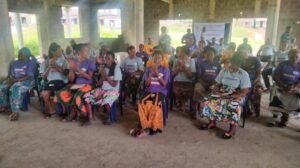
A cross section of women during the training.
He equally put the blame on some community people too who use dangerous chemicals to fish noting that such negative behaviour do destroy the forest and the the aqua environment.
Agbor lamented that under such circumstances of mining and using of chemicals to fish, “we cannot get anything good again from the forest. So you should stand up and defend it.
“You need to dialogue and not use of violence in addressing the gaps identified and by so doing better results can be achieved in the environment”.
He charged the companies to play by the rules by ensuring that they adhere to the environmental laws guiding their operations and at the same time meet up with the Environmental and Social Impact Assessment (ESIA) as stipulated from inception.
He said, “from time to time the ministry monitors to ensure they implement what they have in their Environmental Impact Assessment (EIA) or the ESIA. The government, community and company sit and sign agreement and it is reviewed. They do EIA at inception and environmental audit after five years. The Communities are involved in the Community Relations Committee (CRC) which they meet once every month to address all issues”.
He stated that meetings and advocacy are all tools for dialogue and peaceful resolution of issues and the mining companies do have Community Liaison Officers (CLOs) who the community can meet with or write to the Ministry of Environment to table their concerns.
One of the Facilitators, Tatu Okang, spoke on “Climate Justice and Environmental Sustainability” defining climate change as the disturbance of the environment by human activities.
“Women are the worse hit”, Okang said noting that, “climate justice is about fairness.The mining companies should operate with fairness and take responsibility for their actions”.
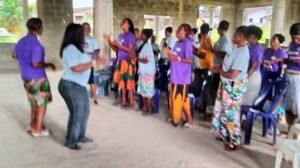
Women doing some exercise to loosen up during the training session.
She also called on the Obung women to take charge and get involved in activities affecting them and their voices must be heard in decision making to ensure that the women and their families are protected.
On his part, another Facilitator, Ekemini Simon who spoke on “Women as Environmental and Climate Justice Defenders”, said the time has come for the women to rise peacefully through dialogue as defenders of their environment.
He said stories of environmental pollution and deprivation dominate the Obung community hence “everyone deserves to drink clean water but it is not so today”.
“Mining affects the environment even though mining is good. They must operate by the law”, Simon said and charged the women “to come together and address their concerns peacefully through dialogue.
“It is not a crime that you are blessed with rich resources that have attracted many companies to mine on your lands for years. You should not also be punished for hosting a biodiversity rich forest in your community”.
Commenting on the training programme, one of the participants, Mrs. Margaret Elijah commended UIAI for organizing the capacity building workshop saying it was opt and very beneficial to the women. “We acquired knowledge today from this training workshop”.
Elijah said that the knowledge she gained from her senior sister who is a woman leader in Akamkpa, coincidentally is the same message of capacity building UIAI has brought to them building their capacity and confidence to voice out their concerns or challenges.
“I thank this group for coming to our community. All the issues raised here are the problems that women are facing here. So I thank God for doing all these things for us because if God did not like us, He cannot bring you people today in this Obung community. This exploitation and neglect have happened for so many years. They don’t recognise women. But with this meeting today, we now have a voice and we are going to dialogue with the men and the company operating here for them to carry women along for our collective benefit”.
Accordingly, the “Women Eco-Defenders” group was inaugurated by UIAI to further champion the women’s cause.
